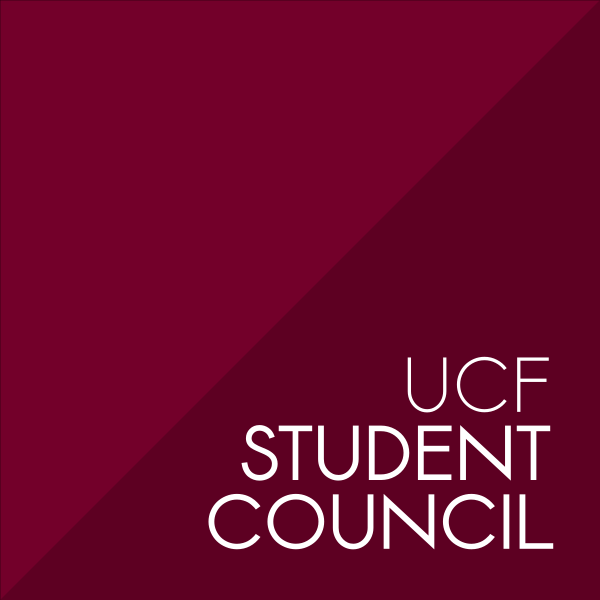Tracks
(max. 20 ppl per track)
Practical
Track 1
Integrating Liberal Education with Individual Journeys
Our conference goes beyond reopening the discussion on networking in Liberal Education; it aims to actively involve students in shaping and expanding these networks. This track recognizes that students are not merely recipients of educational networks but play a crucial role as architects in their formation and growth. Consequently, its objective is to empower students to take the lead in constructing these connections.
Drawing inspiration from the past, the peer-reviewed academic journal, angLES, serves as a compelling example of students collaboratively contributing to the development of a connected Liberal Education community.
Potential topics to be explored encompass, but are not limited to:
A. Peer-to-Peer Networking Initiatives: Delving into student-led initiatives aimed at establishing and sustaining networks among their peers, both within and across institutions.
B. Student-Industry Collaboration: Facilitating discussions on how students can actively participate in collaborations with industry professionals for internships, mentorship, and project partnerships.
C. Student Roles in Inter-Institutional Partnerships: Encouraging students to assume active roles in initiating and maintaining relationships between their institutions and others.
D. Global Student Networks: Exploring ways in which students can harness technology to build international connections, fostering a global exchange of ideas and cultures.
Track 2
Students and Our Impact on Communities
Liberal Education promises the “cultivation of a free human being”. This track recognizes that education is not just an academic journey but is intrinsically linked to the personal growth and societal contributions of each student. This track is designed to explore the deep and often intricate connections between a Liberal Education and the personal experiences, societal roles, and individual aspirations of students.
In our conference, we invite students to share and explore how their Liberal Education has shaped and been shaped by their personal life stories, societal engagements, and individual ambitions. By delving into these personal narratives, we aim to celebrate the multifaceted impact of Liberal Education and empower students to consciously weave their education into the fabric of their individual and societal existence.
Potential topics:
A. Societal Impact: Discussing the ways in which students can apply their Liberal Education to make meaningful contributions to society, and how societal challenges can inform and enrich their educational experiences.
B. Education and Identity: Understanding how Liberal Education influences and is influenced by students’ personal identities and life experiences.
C. Aligning Education with Goals: Exploring how students can tailor their Liberal Education to align with their individual career aspirations, personal interests, and broader life goals.
D. Navigating Challenges: Sharing experiences and strategies for overcoming personal and societal obstacles encountered during their educational journey.
Theoretical
Track 3
How History created Modern Society
The intricate journey of Liberal Education spans a rich tapestry of history, seamlessly weaving ancient roots with contemporary adaptations. This discourse embarks on unraveling the complexities, dedicated to fostering a dynamic and profound exploration into the conception of an ideal Liberal Education program as envisioned by students.
Within this trajectory, our focus is on catalyzing a robust and insightful dialogue, prompting students to contemplate innovative ways of bridging the existing academic structures with the aspirations of the upcoming generation.
This track invites students to not only reflect on the evolution of Liberal Education, but also actively contribute to shaping its future, fostering a holistic educational experience that aligns with the dynamic needs of our rapidly changing society.
Key themes for exploration include, but are not confined to:
A. Curricular Innovations: Unveiling the subjects, interdisciplinary approaches, and teaching methodologies that resonate as most relevant and engaging in the present-day world.
B. Technology and Education: Delving into the seamless integration of digital advancements within the realm of Liberal Arts and Sciences education, exploring the harmonious coexistence of tradition and technology.
C. Global Perspectives and Inclusivity: Engaging in a dialogue about the pivotal significance of incorporating diverse cultural viewpoints and inclusive practices into the curriculum, fostering a comprehensive and globalized educational experience.
D. Career Readiness: Evaluating the transformative potential of Liberal Arts and Sciences programs in equipping students with the skills and knowledge essential for navigating the ever-evolving landscape of the job market.
Track 4
The Future is Interdisciplinary
Liberation necessitates transformation. The goal is not just the emancipation of individuals through Liberal Education programs; rather, these programs themselves must undergo a process of liberation.
This pathway aims to provide a platform for students to critically evaluate the present state of Liberal Education. Its purpose is to foster an open and constructive dialogue about the deficiencies and potential areas for enhancement in Liberal Arts and Sciences programs.
We extend an invitation to students to delve deeply into the challenges they perceive within their education and propose innovative solutions and pathways for a more effective praxis of Liberal Education in the future.
Possible exploration topics include, but are not restricted to:
A. Curricular Relevance: Scrutinizing whether the current curriculum aligns with the evolving needs of society and the job market, and exploring adaptable approaches.
B. Teaching Methodologies: Evaluating existing teaching methods and discussing alternative approaches that could enhance student engagement and learning outcomes.
C. Interdisciplinary Integration: Assessing the effectiveness of current programs in integrating multiple disciplines and identifying ways to cultivate more holistic and interconnected learning experiences.
D. Diversity and Representation: Addressing the representation of diverse cultures, perspectives, and ideas within the curriculum and the overall educational experience.
Contact us: LESC UCF Freiburg lesc.ucfr@gmail.com (Sophia Wong)
